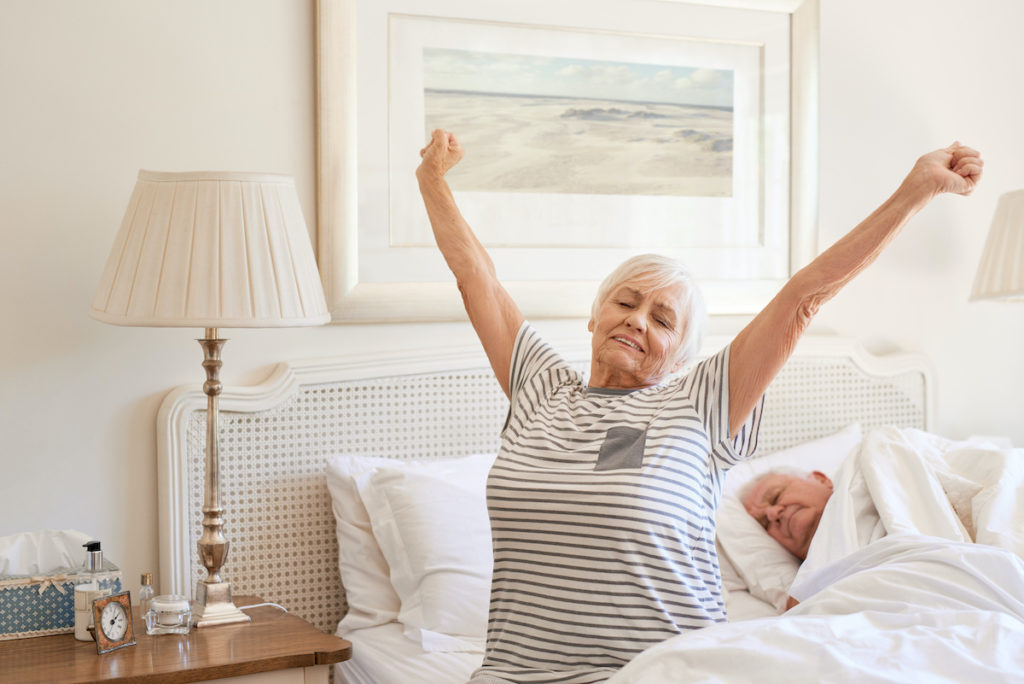The possibility of severe illness from COVID-19 scales with age, according to a new study published in Oxford Academic’s Age and Ageing journal. That is because peoples’ immune systems get weaker as they grow older. Seniors who have a pre-existing illness are especially at risk. Fortunately, social distancing for them won’t be a problem for them because they stay either at home or in care facilities for seniors. However, it isn’t just the virus that they have to deal with during the quarantine period.
There are many different issues like social isolation and getting medical care for their current condition. Here’s how you can help your senior loved one during these unprecedented times.
Keep Yourself Healthy and Protected
The COVID-19 is often spread from person to person through droplets of saliva or mucus. If you’re the only one strong enough to go on supply runs, make sure you’re equipped for the job. You don’t want to contract the virus and unknowingly pass it onto your senior loved ones if you live with them.
-
Never leave the house without a mask. You can use a surgical mask. But if they’re out of stock, the World Health Organization says that a cloth mask works well in protecting you from virus-filled droplets from possibly infected people. The mask, however, must have at least three layers of fabric, with an absorbent cloth like cotton for the inner layer, propylene for the middle layer, and non-absorbent fabric like a polyester and propylene blend for the outer layer.
-
Practice proper social distancing. You need to be at least six feet away from other people when going out.
-
Disinfect, disinfect, and disinfect. Avoid touching your face when you’re outside. If you have to, clean it with hand sanitiser first or wash your hands with soap and water. When you get home after a supply run, take a shower before interacting with anyone.
-
When in doubt, get tested and quarantine yourself. If you’re feeling tired and experiencing fever and coughing, get tested immediately. If it’s not possible, stay away from other people in your house.

Provide Social Support
If your loved one has activities outside the home, like their weekly bingo sessions, they may feel lonely just staying at home. Social isolation and loneliness may increase the risk of conditions like heart disease, Alzheimer’s, and depression.
Keep them company by participating in their hobbies. Show them how to use Zoom and other video conferencing tools so they can call and speak with their peers. If they’re in a care facility, give them a visit while practising social distancing. If it isn’t possible, voice or video call them to see how they’re doing. While these moments seem small, they provide the comfort your senior loved ones need.
Limit Their Hospital Visits
Some hospital visits may be necessary for your senior loved one’s health. However, if the trip isn’t urgent, ask the doctor if they can do telemedicine sessions over the phone or through video conferencing applications. Limit their time outside as much as possible.
The COVID-19 pandemic is tough for everyone, especially for older adults, as the’re the most vulnerable to the virus’s severe effects. Plus, social distancing may make them feel lonely and isolated. Follow these suggestions to ensure your senior loved ones stay healthy and happy despite the current situation.

